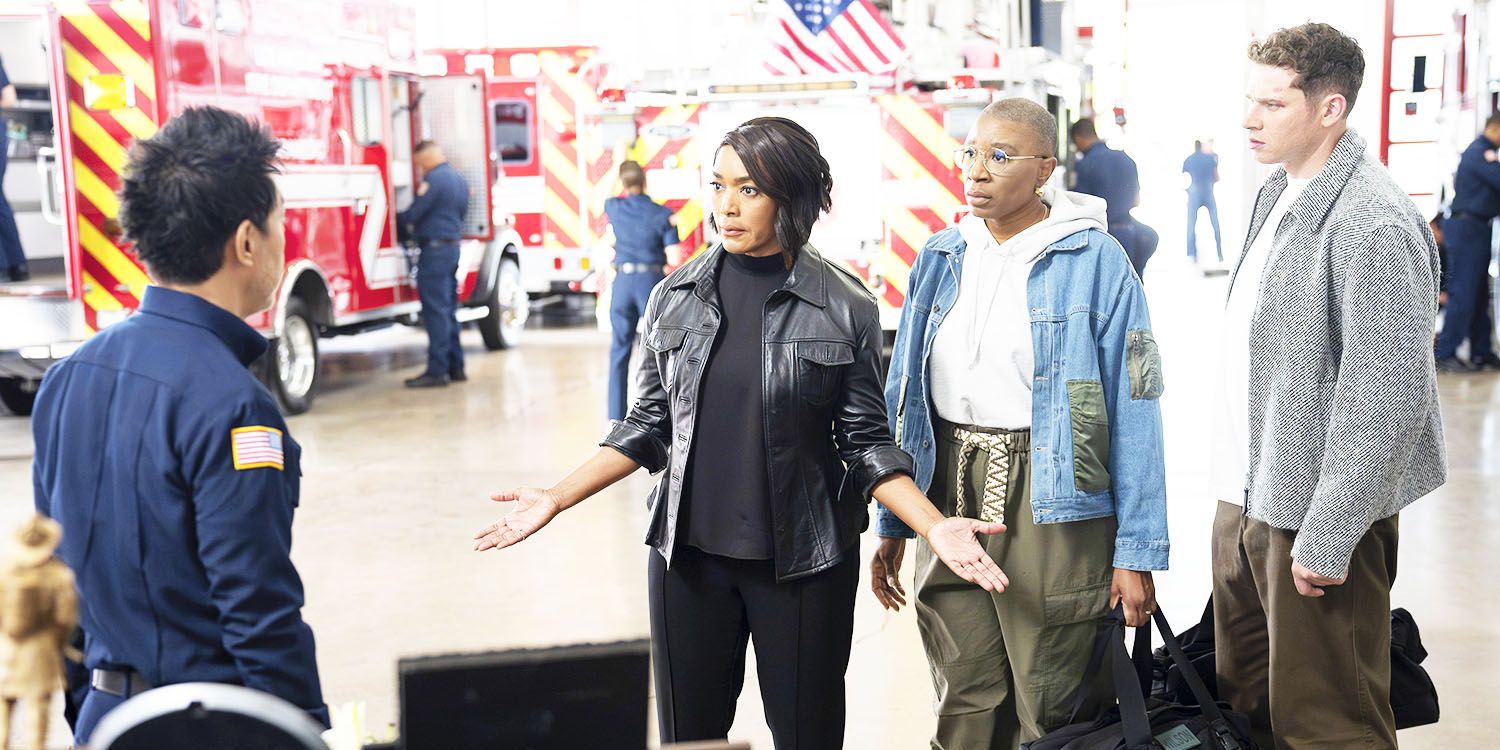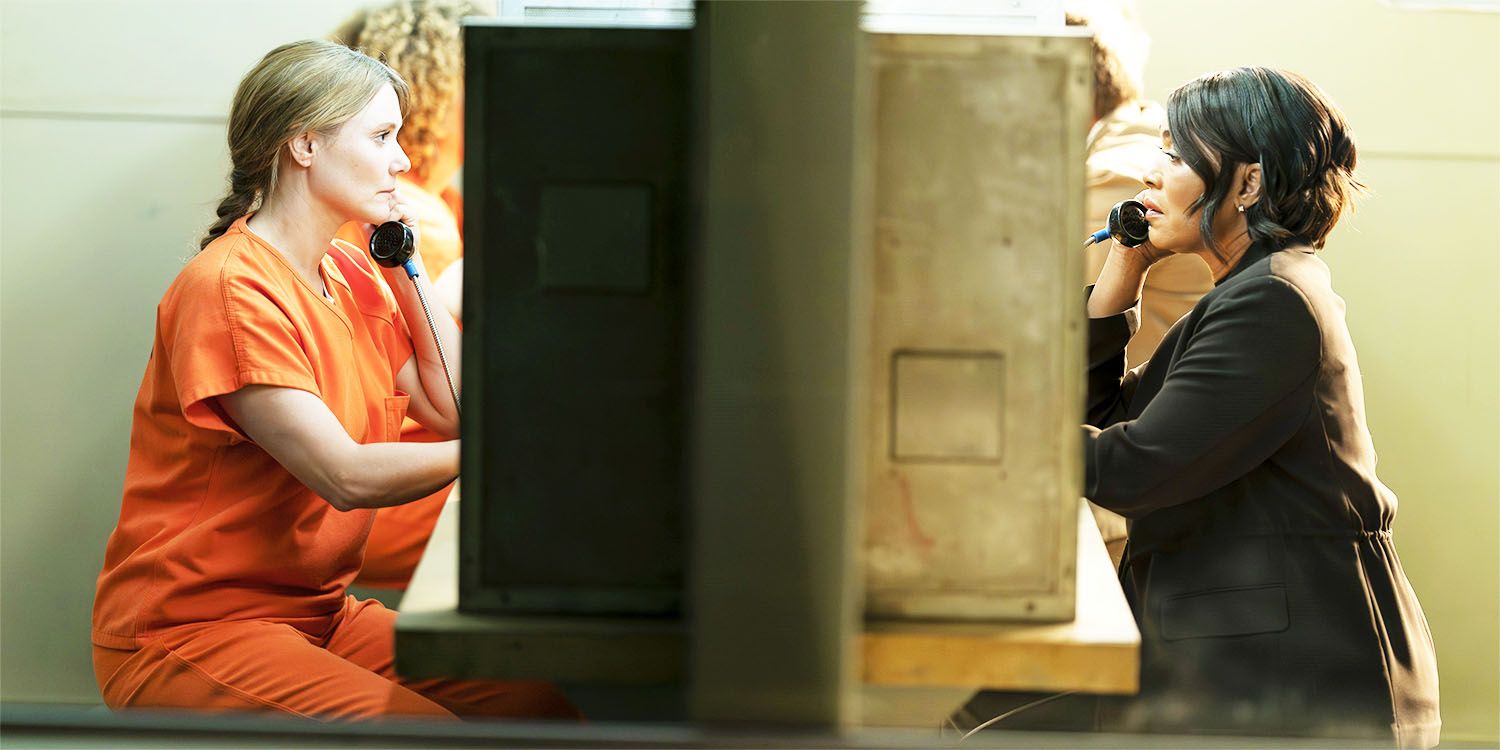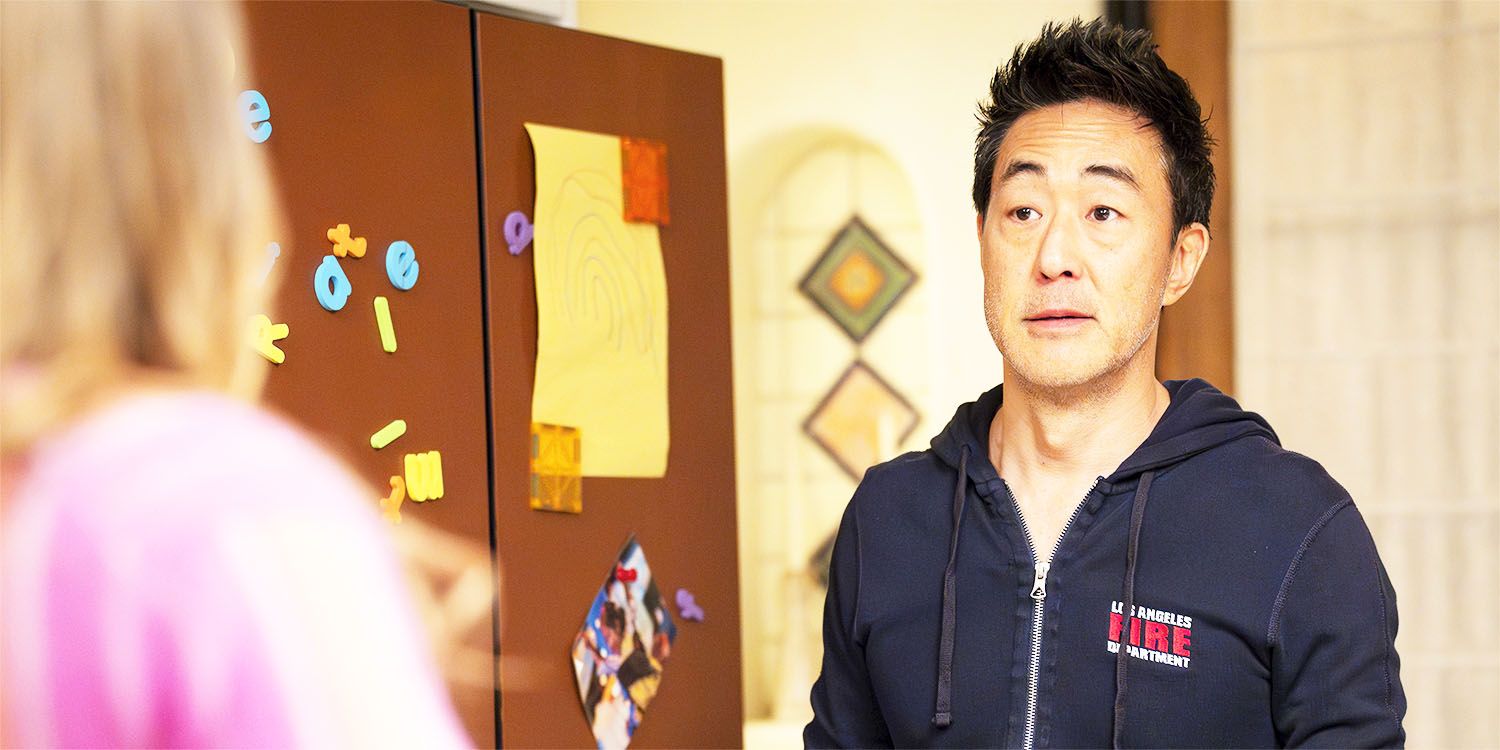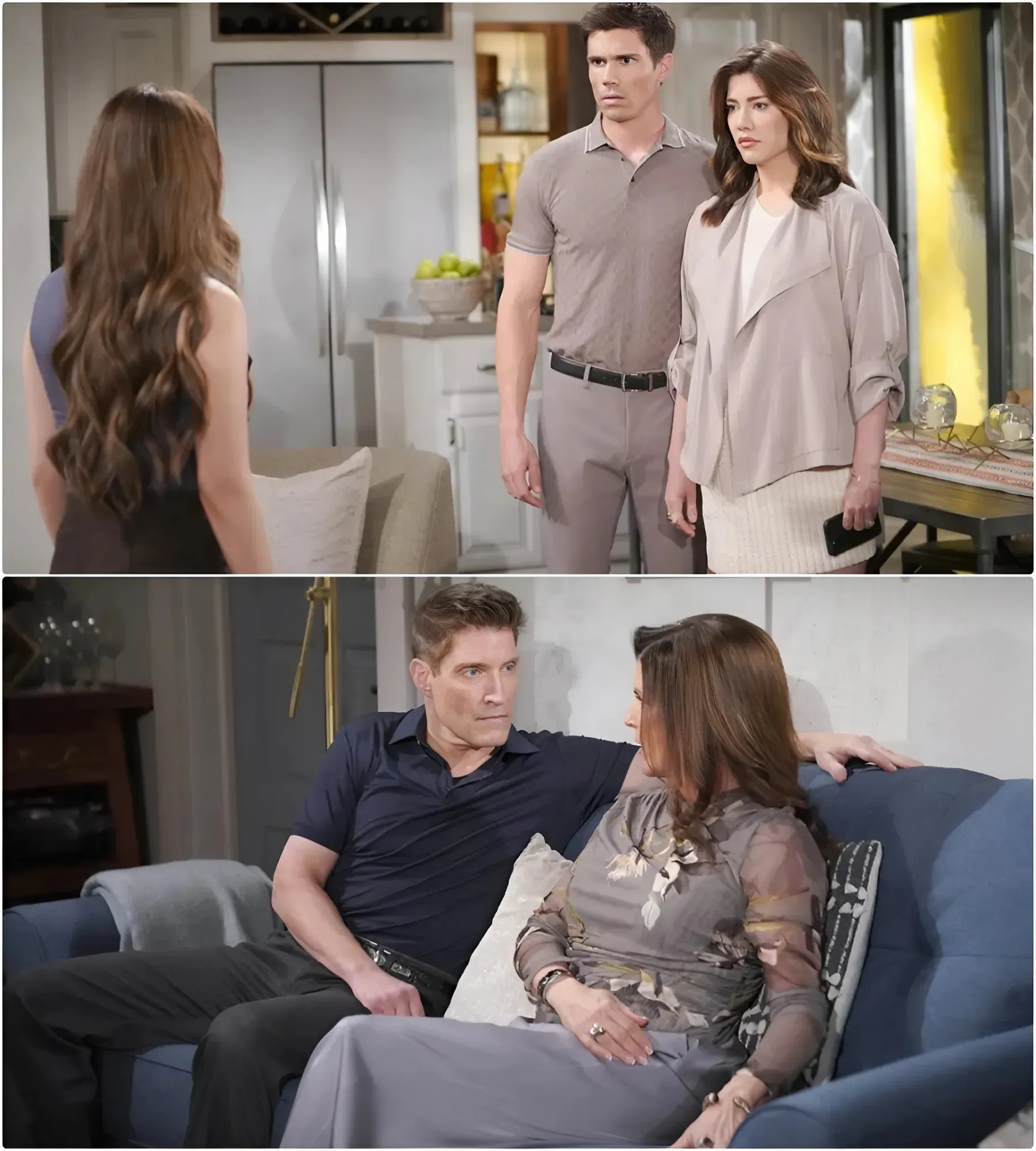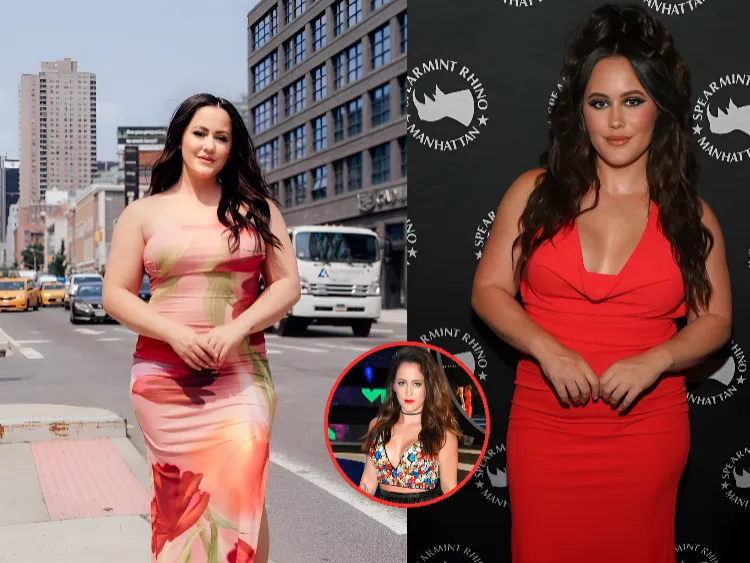The episode is co-written by Tim Minear and Kristen Reidel, both of whom have been showrunners on the drama, and directed by franchise veteran John J. Gray. It has the ingredients to delve into just how shaken the 118 is after losing Captain Bobby Nash (Peter Krause), holding concerned viewers by the hand and demonstrating the impact of Bobby's sacrifice. But, save for a few scenes, it's fairly standard 9-1-1 that's just a little sadder than usual. For the most part, it doesn't rise to the level of what it's actually depicting.
Unsurprisingly, Angela Bassett Is The Best Part Of The Episode
Athena Works On A Case That Hits Close To Home
The first person viewers see in "The Last Alarm" is Bobby. It's a flashback to eight years ago, with a previous iteration of the 118 responding to a massive house fire. A baby dies as a result, leaving the mother distraught. In the present, a few weeks after Bobby's passing, Athena is in no hurry to go through the motions of putting her husband to rest. Bobby's body has yet to be released, due to being infected with a deadly virus, but Athena doesn't want to rush the process. If there's no funeral, then she won't be expected to move through the stages of grief.
The obvious question is why 9-1-1 would choose to spend time on a guest character during an episode that should be entirely devoted to the fallout from Bobby's loss.
The mother, seen briefly in the flashback, lashing out at Bobby, has recently become convinced that her baby didn't perish in the fire. She thinks that her child was stolen from her, coming to that conclusion after meeting a young boy at a party with the same birthday as her child and the same birthmark. The mother ended up behind bars after confronting the young boy in public. But she's convinced that it's actually her son, asking Athena to look into it.
Athena Breaks Down In Henrietta's Arms
It's Easily The Episode's Best Scene
The point of connection between Athena and the woman is that both were blindsided by those closest to them. Bobby decided to sacrifice himself without telling anyone, keeping his condition hidden from his wife until the final moments. The mother never had the opportunity to grieve the loss of her child because her loved ones kept hidden to the extent that the fire tarnished the baby's body.
If network shows still received any traction at the Emmys, then this would be the kind of scene that would be in conversation for a nomination.
It is also a gut punch to hear Bobby say in a flashback that he believed he would be reunited with his dead children someday. Even if I disagree with how 9-1-1 chooses to devote valuable screentime in a crucial episode, there are at least a few grace notes in Athena's storyline that save it from being a complete disappointment. That's more than I can say for what the rest of the 118 get.
9-1-1 Sticks To A Formula To Its Detriment
There Are Some Odd Choices All Around
Since the move to ABC, 9-1-1 has maintained a general structure to its episodes: time is split between one main character and an emergency or, at most, two characters and an emergency, with the rest of the ensemble getting whatever is left at the margins. If there was ever a time for the show to break off from its structure, if there was ever a time to put as many main characters in the same room as possible, the aftermath of a major death would be the time.
It is astonishing how little the 118 are factored into "The Last Alarm."
Gerrard, a villainous bigot for most of the series, gets a tearful speech about how he could never hope to fill Bobby's shoes. It is another weird example of where 9-1-1 puts its focus during what should be a monumental episode. The show might eventually get around to how Eddie feels about Bobby's death in the third episode of 9-1-1 season 9. Or he may get a nice little monologue in the finale. I don't care. Now, more than ever, characters like Eddie should be prioritized.
It is astonishing how little the 118 are factored into "The Last Alarm." Henrietta (Aisha Hinds), outside of being there for Athena, quietly pushes herself to return to work and fades into the background. Buck (Oliver Stark) is a sounding board for Howard, and we learn briefly that he's been having therapy sessions. Maddie (Jennifer Love Hewitt) is also a sounding board for Howard, even though she was on the call for Bobby's last stand. There's no indication about how she feels about any of it.
It would be acceptable enough if this were Howard from seven seasons ago. But the Howard that says this is a married father with another baby on the way. As sad as he is about the death of a close friend and mentor, he wouldn't be confused about his purpose and what he has to live for. It's especially galling after everything Maddie has been through this season alone. It is a perfunctory expression of grief and loss that works in isolation, but it has no business being uttered by Howard.
It is a solid encapsulation of "The Last Alarm", though. Perfunctory and seeming to be in a hurry to get Bobby's funeral out of the way, speeding through his funeral procession in a maudlin montage, It is not the next great addition to the canon of television episodes about death and loss. It is not even a good episode of 9-1-1. If anything, it might be among the most disappointing.
